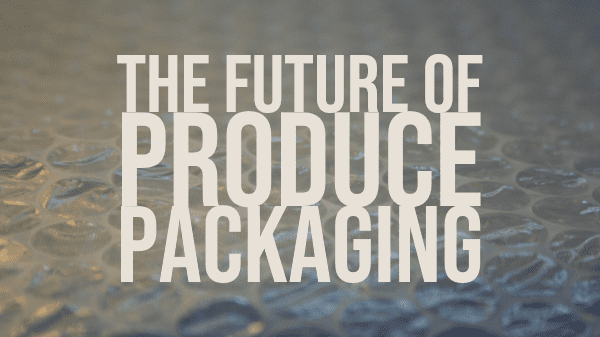Packaging companies long ago discovered that producing a recyclable package for fresh fruits or vegetables does not equate to it actually being sustainable.
Fortunately, there are some exciting initiatives being implemented to solve these problems.
Replacing wax with plastic
One packaging manufacturer, SeaCa, based in Arizona, has focused its efforts on developing a product to replace recyclable wax corrugated boxes.
According to SeaCa, wax products are only impregnated with wax, not composed of pure wax. Therefore, there is still a paper element to them, which makes them susceptible to water damage or breaking down over time. The resulting loss of shelf life or waste due to product spillage severely impacts sustainability.
While there is no definitive alternative to wax, SeaCa came up with a plastic product customers have found easier and more efficient for shipping perishables than wax corrugated.
The product, a polypropylene corrugated box, is only half the weight, which yields a substantial win-win when it comes to transportation. Not only does the lightweight plastic reduce the overall weight in the trucks used to deliver produce, but this, in turn, decreases carbon emissions—providing a bold step toward true sustainability.
Another bonus: this plastic produce packaging is completely waterproof. As a result, the boxes don’t crumble, thereby lowering food waste as product is in transit to retailers. Because plastic becomes stronger over time, especially when it gets cooled, it can help store produce longer, extending shelf life. The result is greater sustainability achieved as less produce is wasted.
SeaCa conducted a trial with a packer who was converting from wax to plastic, to test the company’s claims. A trailer was loaded, side by side with corn, with one side packed in the newly developed polypropylene plastic cartons and the other in wax corrugated boxes.
By the time the load reached the end customer, many of the wax cartons had fallen over. Some of the boxes were broken and corn had spilled out, resulting in food waste. On the other side, the plastic cartons remained completely intact, fully preserving the produce they housed.
SeaCa’s new product offers a solution for two of the main challenges associated with the logistics of moving perishables in recyclable containers: food waste is reduced due to the extended shelf life, and trucks have lower fuel consumption achieved by the lighter weight of the packaging. Not only is sustainability increased, but so is profit.
This is multi-part feature on sustainable produce packaging adapted from the October 2019 issue of Produce Blueprints.



